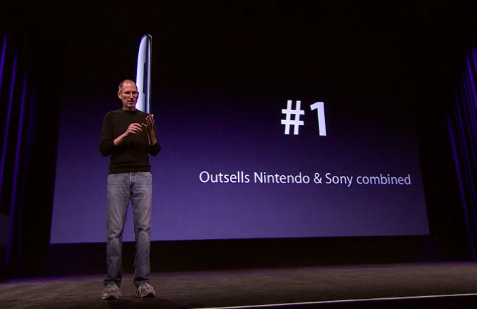I just checked my web server statistics and found that part of my high school research paper on the history of mathematics is getting well over a thousand requests a month.
The topic of that paper is “the usually unrecognized achievements of Vedic and Hindu mathematicians from 2000-300 B.C.” When writing it, I was surprised at how hard it was to find good research on the topic:
In Mathematical Thought from Ancient to Modern Times, [a “comprehensive” summary of] the history of mathematics, [author Morris Kline] included only half a chapter (out of 50 chapters total) on Indian math. Everything he said seemed to sneer at them, put them down, and belittle their accomplishments.
Despite this dearth of understanding, the facts were clear:
Besides using simple arithmetic operations like addition, subtraction, etc., Indians invented the decimal system and the idea of positional notation, both of which are still in use today. They also used the “Pythagorean” theorem and “Pascal’s” triangle long before either of those men were born!
Today, it turns out that if you google “Sulva Sutras” (the title of the web page getting most of the visits), my research paper is the first result, above Wikipedia and everything else! If you search for “mathematics in vedas”, I’m the third result.
True, this seeming popularity may have something to do with spelling inconsistencies — the Wikipedia article uses “Shulba Sutras” and is the first result if you search with that spelling. It’s also true that my paper was written in 1999 and has been on the web since 2003, so has had time to gather links from other websites (which influence Google’s ranking).
But we’re talking about the founding documents of mathematics! The origin of zero! The “Pythagorean” theorem, recorded hundreds of years before Pythagoras! And the most relevant article was written by a fifteen-year-old?
In my research paper’s conclusion (which is mostly too embarrassing to quote), I wrote, “I find it unbelievable how little work has been done in the field…. The vast majority of the work has been done only by Indians. Most of the books on the subject are written in Sanskrit or Hindi [and are ignored by] eurocentric scholars.”
Ten years later, my incredulity lives on.


